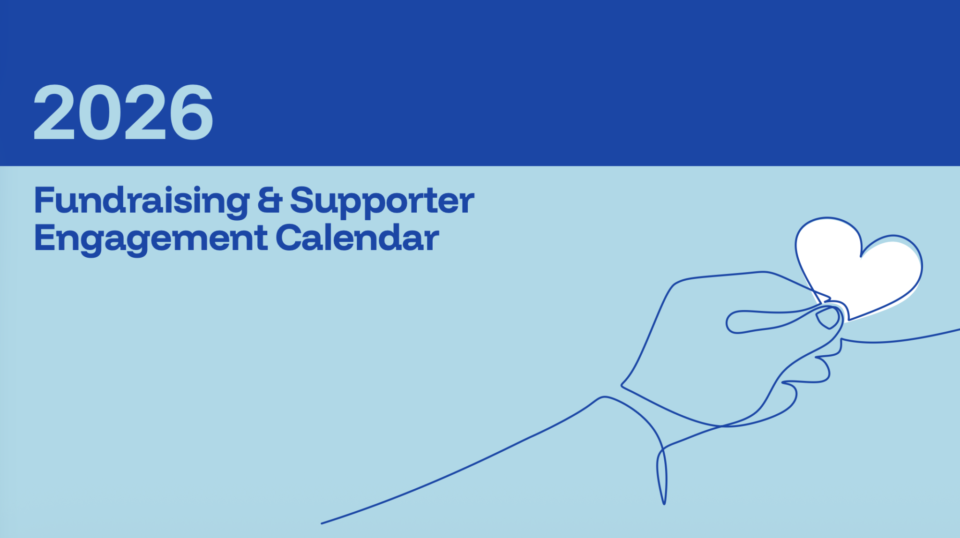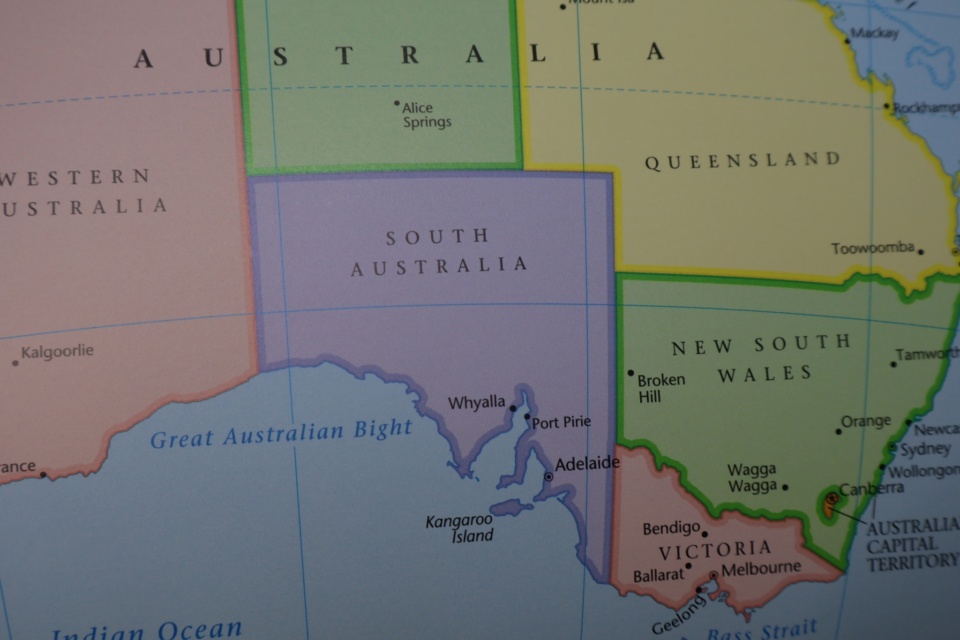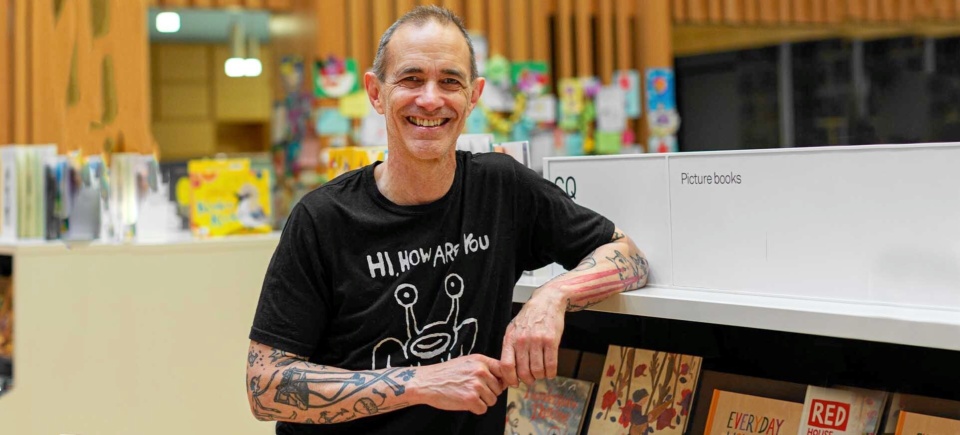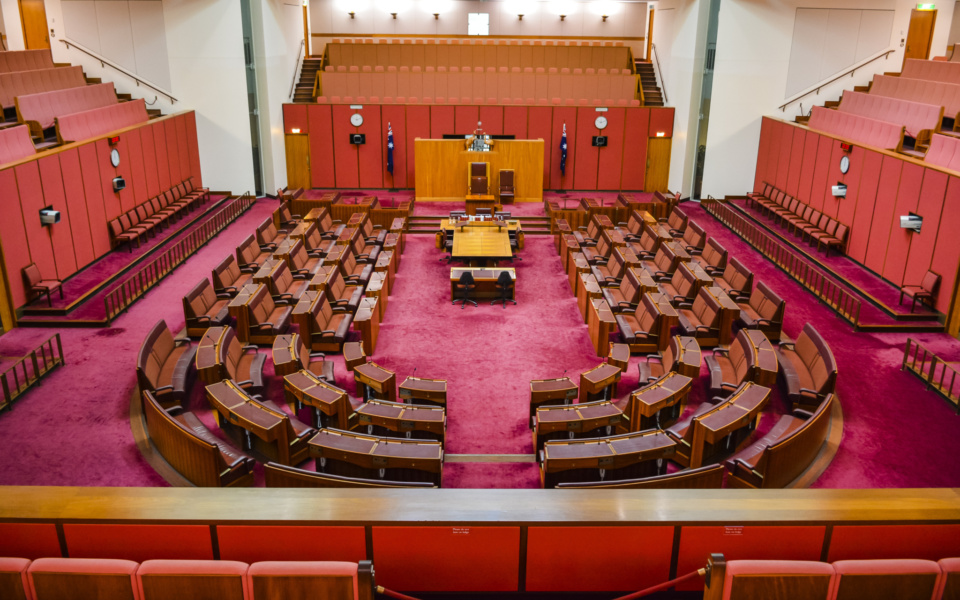
$100 million in new charity funding unlocked, but philanthropy heavyweights say DGR reform is more important
Posted on 04 Mar 2026
The federal government has announced its decision on the percentage of assets that giving funds…
Posted on 12 Nov 2024
By Greg Thom, journalist, Institute of Community Directors Australia

The federal government’s plan to ban social media access for under-16s has received qualified support from areas of the not-for-profit sector.
The Albanese government confirmed last week it planned to legislate a minimum age for social media access, amid growing concern at the impact on young Australians.
However, many of the details of the plan, such as exactly how it will be enforced and which social media platforms will be included, are yet to be finalised.
The Alannah & Madeline Foundation, an organisation that has long advocated for doing more to protect children online, said that while it supported any moves toward that goal, age limits on social media were not enough.

“The focus needs to be on the underlying causal factors which put children at risk regardless of their age,” said Alannah & Madeline Foundation CEO Sarah Davies.
“We should concentrate on tech companies being accountable to deliver default privacy and safety settings on their platforms and age-appropriate safety by design which prioritises the best interests of children over commercial interests."
Davies acknowledged the digital world “can be enriching,” offering children opportunities to learn and connect.
“We support any progress towards making the online world safer for children; however, age limits for social media alone won't prevent online harms.”
That view was echoed by UNICEF Australia, which called for a balanced approach to child protection and digital rights.
UNICEF Australia’s head of policy and advocacy, Katie Maskiell, said UNICEF’s own advocacy and support efforts included:
“We know that children and young people benefit from the positive aspects of social media, such as educational resources, social connections, and support networks – they are vital for their development and well-being,” said Maskiell.
This view is supported by the UN Committee on the Rights of the Child, which states that “national policies should be aimed at providing children with the opportunity to benefit from engaging with the digital environment and ensuring their safe access to it.”
"We want to see comprehensive digital literacy programs that empower children, parents and educators to navigate the digital world safely,” said Maskiell.
“We believe that education and awareness are key to reducing risks and making a safer online environment for young people. It is essential to create an inclusive digital landscape where children can learn, connect and thrive responsibly."
“Young people are really good at being online – if they want to use social media, they will likely find a way.”
UNICEF Australia agreed with the Alannah & Madeline Foundation that tech companies had a critical role to play in reducing the risks associated with social media use.
This included designing safer platforms and incorporating features such as privacy controls and age-appropriate content filters.
“We know that children face risks online, be it from bullying, contact with strangers or exposure to harmful content,” said Maskiell.

“And while we welcome the intent behind this new proposed legislation, it is crucial to recognise that simply banning social media access does not address the root causes of online harm.”
Maskiell said banning younger teens from social media access may even create more risk by encouraging some adolescents to use unregulated online spaces or use social media without their parents’ permission.
“Young people are really good at being online – if they want to use social media, they will likely find a way.”
Youth support service ReachOut Australia echoed calls for the government to go beyond the simplistic solution of banning social media access based on age and pursue reforms that would make the platforms safer for kids.
In a post on LinkedIn, ReachOut Australia CEO Gary Groves urged Canberra to outline how it would ensure the ban didn’t cut young people off from critical mental health support.
"The young people we’ve been talking to consistently tell us that restricting access isn’t the solution. We urge the government to also pursue reforms that will make social media safer.
"In the meantime, we’ll keep advocating for young people to have access to critical pathways to support and for social media to be made safer for all of us."
In a major speech delivered earlier this year, Federal Environment Minister Tanya Plibersek made an impassioned plea for more protection for children from the harms of social media.
Delivering the annual Joan Kirner Social Justice Oration, Ms Plibersek likened social media giants' pursuit of profits at all costs to the activities of Big Tobacco and gambling companies.
“The social media giants know they are deliberately reprogramming our kids. Like Big Tobacco companies or gaming companies, they know a lifetime of profits depends on getting customers hooked young,” she said in her keynote address to the 2024 Communities in Control conference presented by Our Community.
Ms Plibersek said that federal and state government initiatives such as school phone bans and proposed social media age restrictions were aimed at encouraging kids to spend less time on their phones and more time exploring the world around them.
“We can push back [against social media giants]. We can reclaim our time and our brains and our sense of safety.
“And we can reclaim childhood for our kids, who rely on us to help them navigate all the wonders and perils of growing up.”
Minister issues call to arms to defend young Australians against perils of social media
Finding true north: Ethics central to navigating the digital frontier

Posted on 04 Mar 2026
The federal government has announced its decision on the percentage of assets that giving funds…

Posted on 04 Mar 2026
Australia’s for-purpose enterprise supporting Indigenous-owned businesses announced a record $5.83…

Posted on 04 Mar 2026
Hannah Nichols is the environmental, social and governance (ESG) lead at Australian Red Cross and a…

Posted on 04 Mar 2026
Major workflow software company Atlassian has announced it is offering its Teamwork Collection of…

Posted on 04 Mar 2026
In all charities and NFPs – big and small – annual budgeting brings with it a degree of…

Posted on 04 Mar 2026
New research from Diversity Council Australia (DCA) has found that even as one in four workers…

Posted on 25 Feb 2026
Australia’s community organisations are quietly holding society together. From local sporting clubs…

Posted on 25 Feb 2026
Writing communications for donors, stakeholders, regulators and the public can be a relentless task…

Posted on 25 Feb 2026
A Victorian suburb's hot debate about whether trains should live underground or in the sky ended…

Posted on 25 Feb 2026
Three years after the federal government announced that national fundraising principles would be…

Posted on 25 Feb 2026
Author Andy Griffiths has spent 30 years bringing “punk rock” to children’s books, making kids…

Posted on 25 Feb 2026
Senator Dean Smith is back as shadow minister for charities, and he’s told the Community Advocate…